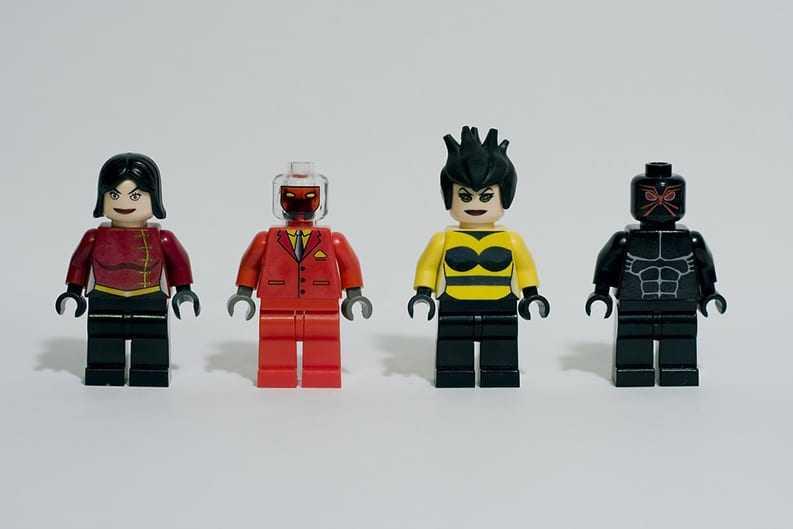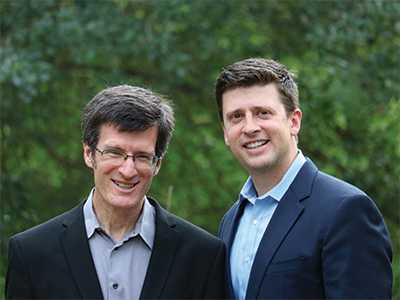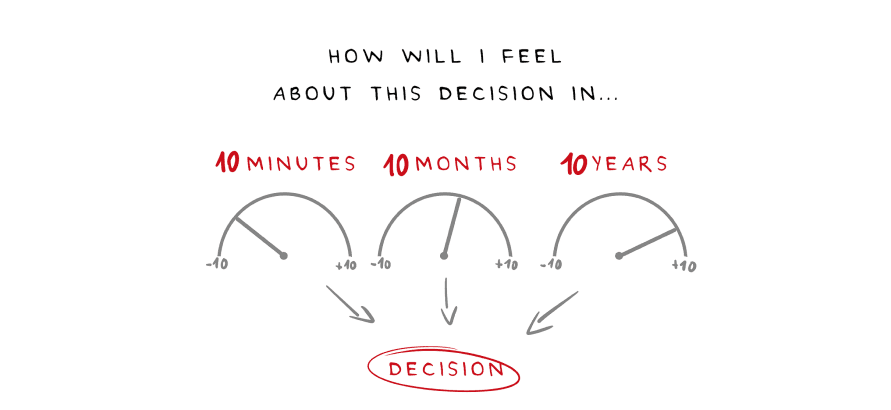Learn more about leadershipandmanagement with this collection
Understanding the importance of decision-making
Identifying biases that affect decision-making
Analyzing the potential outcomes of a decision
The Four Villains Of Decision Making
When we make bad decisions is usually because of these 4:
- Narrow framing: the tendency to define our choices too narrowly, to see them in binary terms.
- Confirmation bias: we are more likely to select the information that supports our preexisting attitudes, beliefs, and actions.
- Short-term emotion: when we’ve got a difficult decision to make, our feelings churn.
- Over-confidence: we think they know more than they do about how the future will unfold.
1.86K
14.5K reads
The WRAP Model for Better Decision Making
It describes the process that “wraps” around your usual way of making decisions, helping to protect you from some of the villains and biases related to decision making:
- Widen your options.
- Reality-test your assumptions.
- Attain distance before deciding.
- Prepare to be wrong.
1.83K
10.2K reads
Wide your Options withe Multitracking
Focusing is great for analyzing alternatives but terrible for spotting them. When we focus we sacrifice peripheral vision.
Multitracking involves considering several options simultaneously. Multitracking has another advantage too, one that is more unexpected. It feels better.
When you consider multiple options simultaneously, you learn the shape of the problem. To get the benefits of multitracking, we need to produce options that are meaningfully distinct.
1.5K
7.82K reads
Consider the Opposite
- Studies found that the confirmation bias was stronger in emotion-laden domains such as religion or politics and also when people had a strong underlying motive to believe one way or the other.
- Confirmation bias increases when people have previously invested a lot of time or effort in a given issue.
- Confirmation bias doesn’t just affect what information we seek, but also what we notice in the first place.
Reality-test the assumptions you’re making by developing the discipline to consider the opposite of our initial instincts. It begins with a willingness to spark constructive disagreement.
1.52K
4.49K reads
The Inside and Outside View
We sometimes make bad decisions because we are too much into the weeds in our head. There are 2 main views we hold:
- The inside view - our evaluation of our specific situation.
- The outside view - how things generally unfold in situations like ours.
The outside view is more accurate, but most people gravitate toward the inside view.
1.53K
4.71K reads
Sometimes we think we’re gathering information when we’re actually fishing for support.
CHIP HEATH, DAN HEATH
1.49K
5.01K reads
The 10/10/10 Technique
To use 10/10/10, think about your decisions on three different time frames: How will I feel about it 10 minutes from now? How about 10 months from now? How about 10 years from now?
Conducting a 10/10/10 analysis doesn’t presuppose that the long-term perspective is the right one. It simply ensures that short-term emotion isn’t the only voice at the table.
1.74K
4.47K reads
Emotional decision failure
Our decisions are often altered by two subtle short-term emotions:
- mere exposure to things we are used to: we like what’s familiar to us
- loss aversion: losses are more painful than gains are pleasant.
Loosing sucks and we subconsciously make decisions to avoid losses on the short term, even when we amplify losses on the long term.
1.48K
4.88K reads
The future is not a “point”—a single scenario that we must predict. It is a range. We should bookend the future, considering a range of outcomes from very bad to very good.
CHIP HEATH, DAN HEATH
1.5K
5.17K reads
CURATED BY
More like this
8 ideas
Remove Biases From Your Decision-Making Process
entrepreneur.com
15 ideas
One Decision Summary
fourminutebooks.com
16 ideas
The Undoing Project Summary
fourminutebooks.com
Read & Learn
20x Faster
without
deepstash
with
deepstash
with
deepstash
Access to 200,000+ ideas
—
Access to the mobile app
—
Unlimited idea saving & library
—
—
Unlimited history
—
—
Unlimited listening to ideas
—
—
Downloading & offline access
—
—
Personalized recommendations
—
—
Supercharge your mind with one idea per day
Enter your email and spend 1 minute every day to learn something new.
I agree to receive email updates






